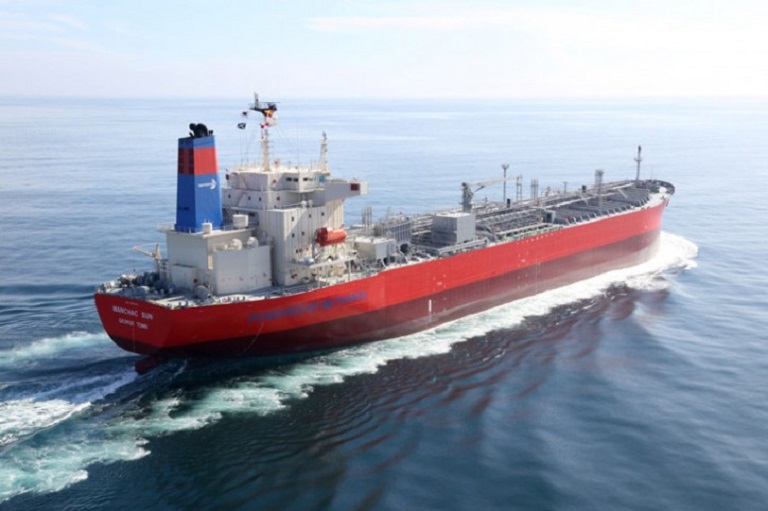Endeavor brings together global shipping leader and innovative manufacturer to produce least carbon-intensive industrial-scale methanol on market – a key component of essential materials
Tokyo-Mitsui O.S.K. Lines, Ltd, and Northwest Innovation Works, Kalama, LLC (NWIW; CEO: Simon Zhang) today announced MOL will invest in NWIW and will provide and operate purpose-built next-generation ships to serve the planned methanol facility at the Port of Kalama in southwest Washington, USA.

With the support of MOL, NWIW gains an experienced partner with global reach to better meet the growing demand for cleaner materials, as identified by the International Energy Agency and consistent with UN Sustainable Development Goals. The planned facility in Kalama will convert regionally sourced natural gas to methanol to be transported via ship for use in dedicated materials pathway production in Asia.
The methanol will be used to produce materials, including olefins, the primary components in numerous products, including medical devices, such as masks, gowns, gloves, and eye protection, recreational equipment, clothing, cell phones, and furniture, among many other applications.
Having over 740 ships in its fleet with a capacity of nearly 55,000,000 deadweight tons, MOL is one of the world’s largest shipping companies and methanol carriers. Partnering with NWIW at an early stage places MOL in the best position to provide safe operation, service and solutions with the aim of achieving the highest levels of environmental benefits. By participating in this project, MOL will obtain a deeper knowledge of overall methanol activities, allowing the company to provide better services and solutions for its customers.
This announcement furthers NWIW’s mission to produce the most environmentally sustainable and least carbon intensive industrial-scale methanol for clean essential materials. NWIW methanol will displace more carbon-intensive coal-based methanol, resulting in GHG reductions globally. In addition, NWIW will offset one hundred percent of its GHG emissions from both direct and indirect sources within Washington State.
Beyond these and other environmental highlights, including using ultra-low-emissions and zero liquid discharge technologies, the facility will contribute substantial economic benefits to the local economy. The investment of well over $2 billion will result in over 1,000 new construction jobs and up to 200 permanent direct family-wage jobs, as well as providing $30 to $40 million in annual tax payments paid to state and local governments. Amidst the current global health pandemic, the project will support meaningful and unprecedented economic growth in SW Washington, USA.
Source: MOL